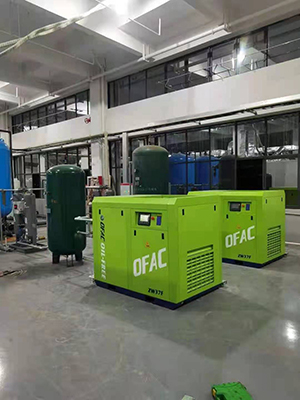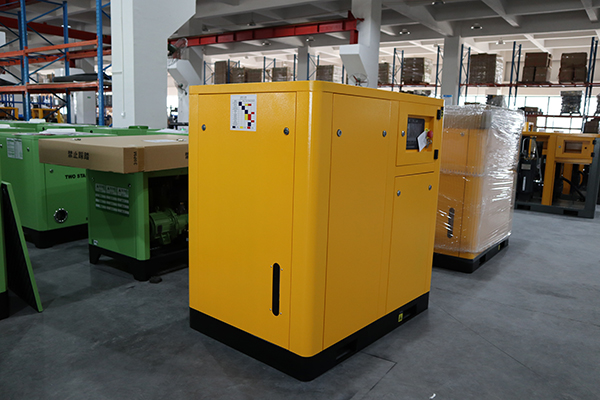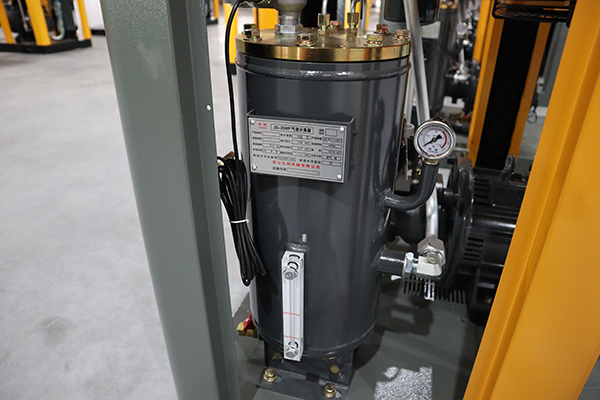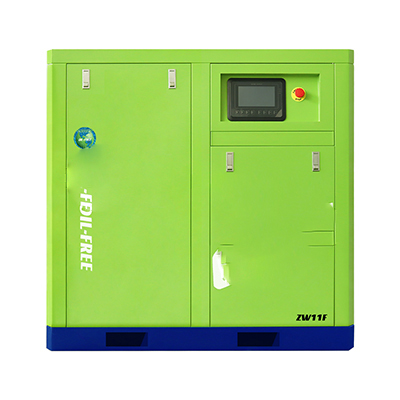Industry air compressor used in semiconductor cleanrooms with ultra-pure air delivery
News 2025-10-27
In the semiconductor industry, where even microscopic contaminants can lead to significant defects, air compressors are vital for maintaining pristine environments. These systems deliver ultra-pure air to cleanrooms, which is essential for processes like chip fabrication. By removing particles, moisture, and oils, compressors ensure that sensitive operations proceed without interruptions, upholding the high standards required for reliable electronic components. This technology not only supports production efficiency but also contributes to the overall quality and longevity of semiconductor devices.

Application Scenarios
Air compressors find extensive use in semiconductor manufacturing settings. They power pneumatic controls in wafer processing, where precise movements are critical to avoid damage. In etching and deposition chambers, these compressors supply dry, oil-free air to prevent chemical reactions that could alter material properties. Additionally, during testing and assembly phases, they maintain positive pressure in cleanrooms to block external pollutants, ensuring consistent product integrity across various production stages.
Performance Advantages
Specialized air compressors excel through their ability to provide high-purity output, often achieving filtration down to 0.003 microns. This level of performance reduces contamination risks, directly impacting yield rates in semiconductor fabrication. Their robust construction allows for continuous operation with minimal downtime, while integrated sensors enable precise control of air quality and pressure. Furthermore, these units incorporate energy-saving features that lower consumption without compromising reliability, making them a smart choice for demanding industrial applications.
Frequently Asked Questions
1. What role do air compressors play in semiconductor cleanrooms?
They supply ultra-pure air to eliminate contaminants that could affect manufacturing processes.
2. Why is ultra-pure air critical in this industry?
It prevents defects in microchips by maintaining a controlled, particle-free environment during production.
3. How are air purity levels maintained in these systems?
Through advanced filters and monitoring technologies that continuously remove impurities and ensure compliance with standards.


